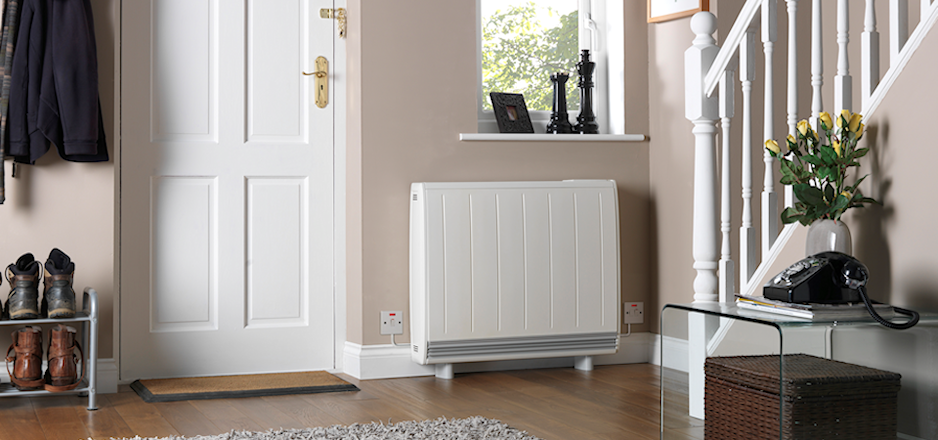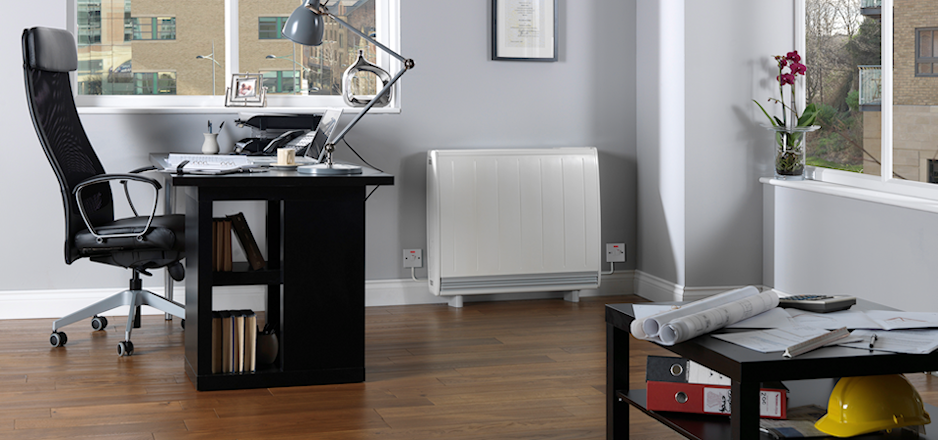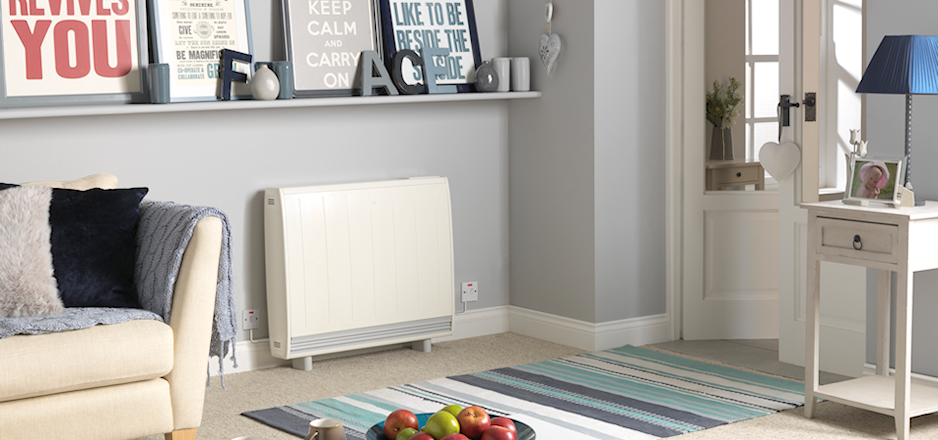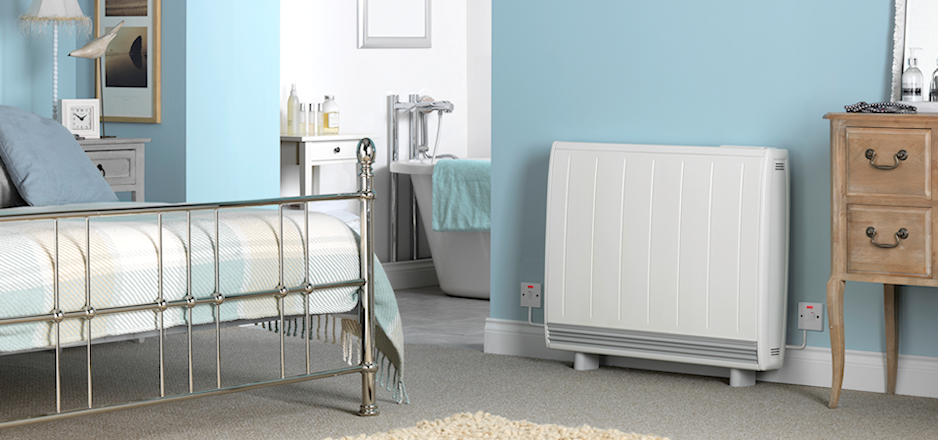Low capital & installation costs
Electric heating is very easy to install, ensuring installation costs are kept to a minimum. It doesn’t require any pipe-work, simply a connection to the electrical circuit[s], so it can frequently be installed in a matter of minutes. For new build properties this means it can go in at the second fix wiring stage. And for refurbishments and replacements, it means minimal disruption for the household. What’s more, because the heaters can work as stand-alone units or as a system, it is easy and cheap to add heaters to a system at any time as budgets permit.
Low Life Ownership Costs
There is often confusion about the running costs of electric heating compared to other fuels; however the cost of energy for different heating systems is only part of the true running cost equation. The true cost to consider is the lifetime costs of the system, which not only take into account the fuel used, but the hidden maintenance costs – both monetary and time – over its lifetime.
Electric heaters are 100% efficient at the point of use, meaning all the electricity used is converted directly into heat, unlike boiler-based systems where energy is wasted through the flue. In addition, over the last few years there have been many fluctuations in the price of both electricity and gas, with Energywatch – the independent gas and electricity consumer watchdog – reporting in July 2006 that some energy suppliers had increased the cost of gas to their customers by as much as 92% since 2003, while the price of electricity had increased by only 54%.
Because electric heating has virtually no moving parts, most systems can be expected to last for at least 15 years, whereas the gas boiler industry itself quotes a lifetime of only 10 years for a boiler. Because electric heating is cheaper to install, maintain and lasts an average of 50% longer than a gas system, the true ownership costs means that an electric heating system can be a more cost effective solution in many developments.
40m2 1 Bedroom Flat
| Built with typical 1960’s Building Regulations | Refurbished with typical 1990’s Building Regulations | |||
|---|---|---|---|---|
| Heating System | Running Cost | Heating System | Running Cost | |
| Direct acting electric radiators | £902 (Standard tariff) | Direct acting electric radiators | £523 (Standard tariff) | |
| Manual charge storage heating and panel convector heaters |
£664 (E7 tariff) | Manual charge storage heating and panel convector heaters |
£371 (E7 tariff) | |
| Quantum and panel convector heaters |
£494 (E7 tariff) | Quantum and panel convector heaters |
£291 (E7 tariff) | |
Annual space heating energy requirement – 6,840kWh
65m2 2 Bedroom Flat
| Built with typical 1960’s Building Regulations | Refurbished with typical 1990’s Building Regulations | |||
|---|---|---|---|---|
| Heating System | Running Cost | Heating System | Running Cost | |
| Direct acting electric radiators | £1,399 (Standard tariff) | Direct acting electric radiators | £849 (Standard tariff) | |
| Manual charge storage heating and panel convector heaters |
£985 (E7 tariff) | Manual charge storage heating and panel convector heaters |
£575 (E7 tariff) | |
| Quantum and panel convector heaters |
£745 (E7 tariff) | Quantum and panel convector heaters |
£455 (E7 tariff) | |
Annual space heating energy requirement – 10,610kWh
90m2 3 Bedroom Semi-Detached House
| Built with typical 1960’s Building Regulations | Refurbished with typical 1990’s Building Regulations | |||
|---|---|---|---|---|
| Heating System | Running Cost | Heating System | Running Cost | |
| Direct acting electric radiators | £2,099 (Standard tariff) | Direct acting electric radiators | £1,248 (Standard tariff) | |
| Manual charge storage heating and panel convector heaters |
£1,542 (E7 tariff) | Manual charge storage heating and panel convector heaters |
£857 (E7 tariff) | |
| Quantum and panel convector heaters |
£1,124 (E7 tariff) | Quantum and panel convector heaters |
£663 (E7 tariff) | |
Annual space heating energy requirement – 15,910kWh
Read more about the Green Deal

Quantum has been accepted as a green Deal ‘measure’ by the department of Energy and Climate Change. The green Deal is an innovative government-backed financing mechanism that lets householders pay for energy-efficient improvements through savings on their energy bills.
As the ‘golden rule’ of the scheme is that the expected energy savings must be greater than the cost of the improvements, by installing Quantum householders should save energy and money – as well as helping the environment.
See the following for further information: www.gov.uk/greendeal




